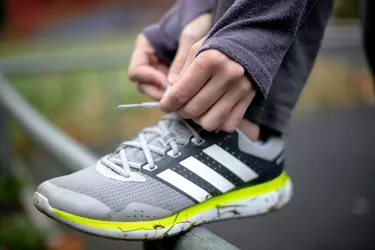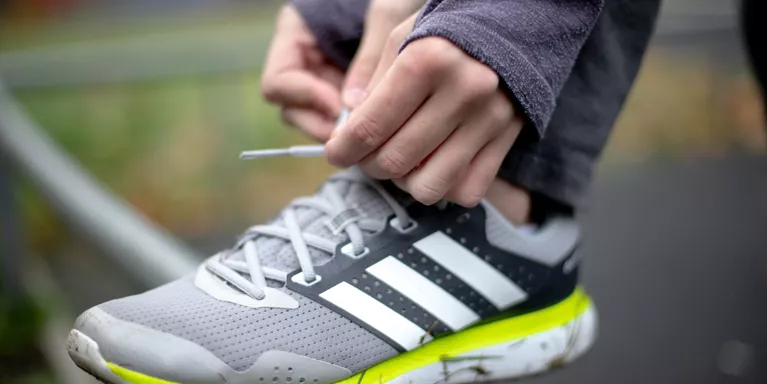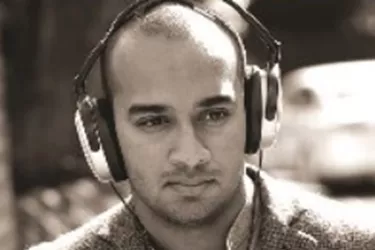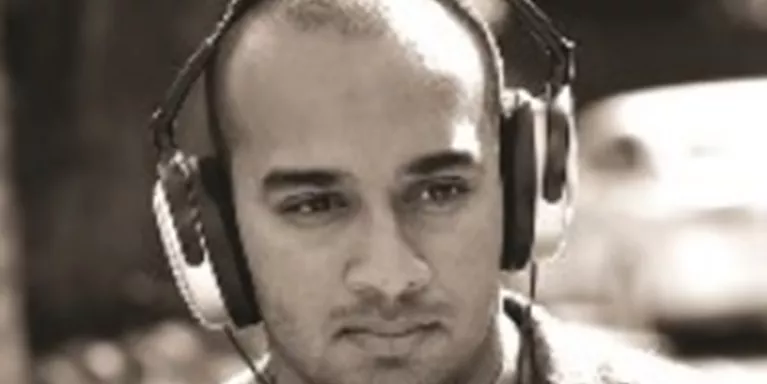How sport saved my life
George blogs about his experience of depression and the difference that sport made to his life.
I am forever encouraging people to take up sport. It gave me the confidence, belief and determination to make it to where I am today.
Everything I do now is in an attempt to pass these benefits on to as many people as possible. It is my belief that everyone should have the feeling of being 100 feet tall, and not just once but every day of their lives. The only way I know to make that a reality for people, is to introduce them to the thing that made me feel that way.
Although I was lucky to reap the rewards of my sporting career a long time ago, it has been a gift that keeps on giving in so many ways. Most recently sport came to the rescue for me in a much more tangible way.
I had a tough time at university. Not being one for going out on the drink regularly contrasted with my ongoing struggle with education to leave me in no man’s land. With a long distance relationship and an even longer list of injuries to top it off, I stopped enjoying myself. This feeling of unhappiness eventually manifested itself into depression.
I can guarantee that my depression wasn’t as bad as what some people unfortunately experience, although it was probably worse than what some other people have experienced. The problem I found with depression is the insidiousness of it. I didn’t see it coming and was completely unprepared.
Due to the individual differences in each case of depression, I found no clear cut examples and advice on how to beat it. Most of the things that I was being advised to do, and that had worked for other people, were either ineffective for me, or beyond what I was prepared to do.
My apathy and unwillingness to do anything outside of staying in bed ruined my university experience and unhelpfully, it was pure timing that changed my course.
The turning point for me was the healing of my torn hamstring. On one of my good days I dragged myself to the gym, having built up a substantial level of injury induced cabin fever, and spent maybe 10 minutes messing around with a basketball before getting bored and going home.
That was the moment.
This is how sport saved me.
I had enjoyed doing something! I had gotten out of bed and moved. This lead to me doing it again the next day, and the next day and so on, every time staying a little longer and coming back a little happier.
The momentum playing basketball gave me lead me to tell my housemates about the problems I was having, and despite my previous behaviour they were wonderful.
"They crowded around me and did everything they could to get me back. If any of you are reading this, thank you so much! It meant everything."
Getting up and playing basketball gave me a routine. If I was having a bad day, I could spend 5 hours in the gym. Alone, sorting my problems out in my head, one at a time, while mindlessly shooting and dribbling the ball.
The exercise was as therapeutic as the clarity of thought it gave me, and the time spent playing put me on a path to joining the uni basketball team, pushing me further back into society, and into more friends.
Eventually, and I have no idea when, I got clear of the depression. It tries to come back every now and again, but I am getting better at spotting it early and I throw myself into my own brand of sport therapy.
As I said before, depression is different for everybody. But as another option for you to try, sport and exercise gave me my life back. It gave me control and time away from my toxic routine to think clearly. Exercise releases the feel good hormones – endorphins, making you feel better instantly and giving you a much needed kick of energy. Exercise can also give you control over your body and a sense of achievement, which is the first step of gaining control over other aspects of your life.
Apparently 1 in 4 people will experience some kind of mental health problem in the course of a year and mixed anxiety and depression is the most common.
That is a LOT of people. There may still be a stigma attached to depression, but these figures prove that you are not alone in it, and if enough people talk about depression then hopefully more people will get the help they need.
If you are feeling any level of depression at all, I'm always happy to chat on Twitter. I know what it’s like and everyone deserves to get the unbelievable support that I received.
Also, if you are at university I highly recommend you inform them that you are struggling with depression. They act quickly and supportively, I let my tutor know what was going on and the response of the university was phenomenal. Depression is very common at university and they have a lot of resources and understanding of your problems, making life so much easier. You can also get in touch with your local Mind.
Thanks for reading.
This article was originally posted on George's own blog.


Information and support
When you’re living with a mental health problem, or supporting someone who is, having access to the right information - about a condition, treatment options, or practical issues - is vital. Visit our information pages to find out more.
Share your story with others
Blogs and stories can show that people with mental health problems are cared about, understood and listened to. We can use it to challenge the status quo and change attitudes.













